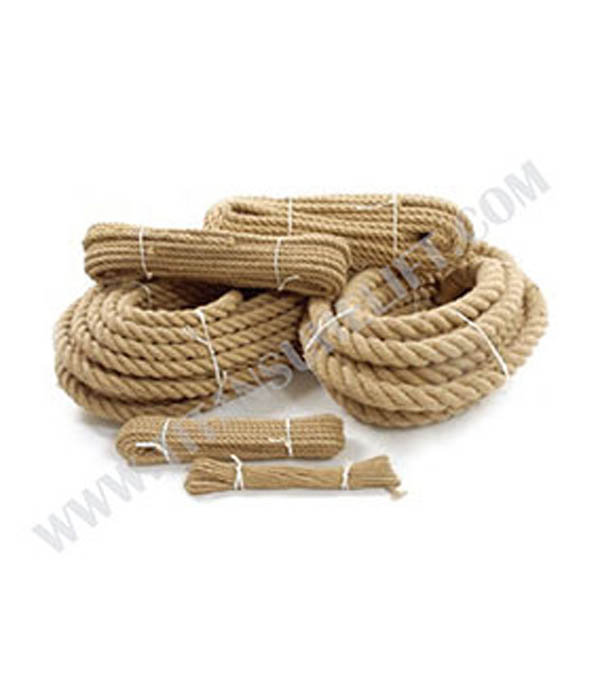Mooring Rope

Tootest
The rope has kinds of good properties such as high tensile strength, impact resistance, abrasion resistance, flexibility, lightness and softness. It's multi-strand ropes aim to tying ships.
If sort mooring line rope by materials, there are polyester, polypropylene, ultra-high molecular polyethylene, aramid and nylon composite rope, etc.
Generally, mooring ropes are polypropylene or polyester ropes. According to the processing structure, chemical fiber cables are divided into two types including 3-strand,8-strand, 12-strand and multi-strand twisted cables. The diameter of 3-strand cables is generally 4 to 50 mm, and the diameter of 8-strand cables is generally 35 to 120 mm. These ropes not only used for ship moorings, chemical fiber cables are also widely used in transportation, industry, mining, sports and fishing.
8 shares are commonly used in conventional ships. The service life of a mooring rope is usually related to the material of the rope, the braiding method, the degree of wear and the status of use. Usually the service life is 1-3 years. For the aging mooring rope we must inspect and exchange reliable mooring rope.
Difference materials rope have quite different tensile strength and wear resistance. For example, polypropylene ropes achieve high tensile strength. If you are worried that the mooring ropes get excessive wear when dragging, you can cover a protective sheath on the rope.
The rope protecting sheath is made of polyester to increase its wear resistance. Its a very wear-resistant polyester. In this way, the service life of the ship rope can be greatly extended, and the service life can generally be extended by 12 months.
How To Choose A Mooring Rope?
1.Choose according to strength requirements
The tensile strength of the mooring rope is one of the most commonly used characteristics in selecting cable products. In general, the strength should match requirements of the application. MBL is the core parameter to which all other components of the ship's mooring system refere and all dimensions has specified tolerances.
The Line Design Breaking Force (LDBF) is the minimum breaking force for a new-dry-buckled mooring line. This applies to all mooring rope and rope tail materials. When choosing a rope, the rope LDBF should be 100%-105% of the MBL.
The Working Load Limit (WLL) is the maximum load that the mooring dock lines should be subjected to in operation site. It is calculated according to standard environmental conditions. All cables should carry out strength test before use. This helps customers choose the right rope size and strength for the required application and ensures maximum safety and service life.
2.Select according to specific proportion
The specific gravity requirement refers to the density of the rope relative to the water. You can choose the rope material according to the actual needs. Such as CHNMAX ultra-high molecular weight polyethylene rope floating, CHNFLEX nylon rope sinking, CHNLINE polypropylene rope floating, CHNMIX mixed rope can be customized according to demand.
3.Select according to the stiffness requirements of the rope
Compared to traditional synthetic fibers, modern synthetic fibers have lower elastic elongation and higher modulus. Therefore, when considering the elongation performance of the rope ensure that the selected product is suitable for the application field.
Usually a cable with a higher elongation will have a certain displacement under a given load, so that it has a certain energy absorption effect. Relatively speaking, cables with lower elongation such as CHNMAX have a larger displacement limit under a given load.
As one of mooring lines suppliers, we can offer kinds of dock line mooring rope for sale, if you have needs, please leave us a message.
As one of lifting equipment manufacturers, we will do our best to meet all the needs of customers.
Now the price of lifting products is low, anything you need, please leave us a message.

